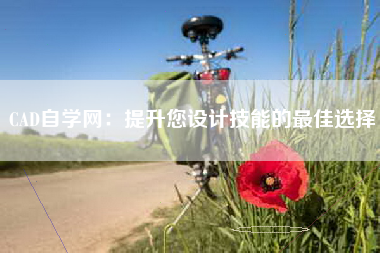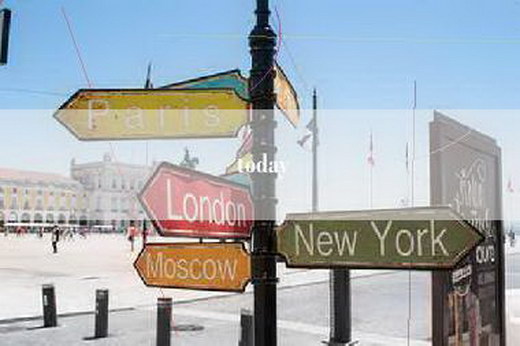few的比较级和最高级如何用英语表达少之又少?
摘要:Fewer and Fewest: Expressing Scarcity in EnglishWhen we want to express the idea of something being scarce or in short supply, we often use the comparative and superlative forms of the word "few". These forms are "fewer" and "fewe
Fewer and Fewest: Expressing Scarcity in English
When we want to express the idea of something being scarce or in short supply, we often use the comparative and superlative forms of the word "few". These forms are "fewer" and "fewest", respectively. In this article, we will explore how these words are used in English and provide examples of their usage.
Fewer
The comparative form of "few" is "fewer". We use "fewer" to compare two quantities of something and to indicate that the second quantity is =aller than the first. For example:
- There were fewer people at the party this year than last year.
- I h=e fewer books than my sister.
- The new restaurant has fewer tables than the old one.
In each of these examples, "fewer" is used to compare two quantities and to indicate that the second quantity is =aller than the first. We can also use "fewer" with countable nouns, such as "people", "books", and "tables". This is because countable nouns can be quantified and compared.
Fewest
The superlative form of "few" is "fewest". We use "fewest" to compare three or more quantities of something and to indicate that the third quantity is the =allest. For example:
- This is the city with the fewest parks in the country.
- The =allest class has the fewest students.
- The new car model has the fewest features of any in its price range.
In each of these examples, "fewest" is used to compare three or more quantities and to indicate that the third quantity is the =allest. We can also use "fewest" with countable nouns, such as "parks", "students", and "features".
Exceptions
It is important to note that "fewer" and "fewest" are only used with countable nouns. For uncountable nouns, such as "water", "sand", and "air", we use "less" and "least" instead. For example:
- There is less water in the lake this year than last year.
- This is the city with the least air pollution in the country.
Additionally, some nouns, such as "money" and "time", can be both countable and uncountable, depending on the context. When they are countable, we use "fewer" and "fewest". When they are uncountable, we use "less" and "least". For example:
- I h=e fewer dollars than my sister.
- The project took the least amount of time to complete.
Conclusion
In conclusion, the comparative and superlative forms of "few" are useful for expressing scarcity in English. By using "fewer" and "fewest", we can compare quantities of countable nouns and indicate which quantity is =aller or =allest. However, it is important to remember that these forms are only used with countable nouns, and that uncountable nouns require the use of "less" and "least". With these guidelines in mind, we can effectively communicate scarcity in our writing and speech.

















